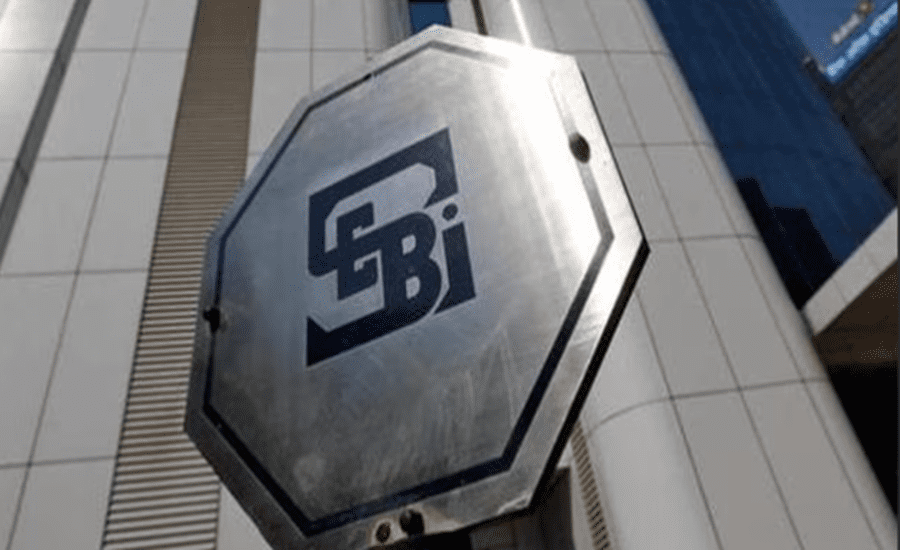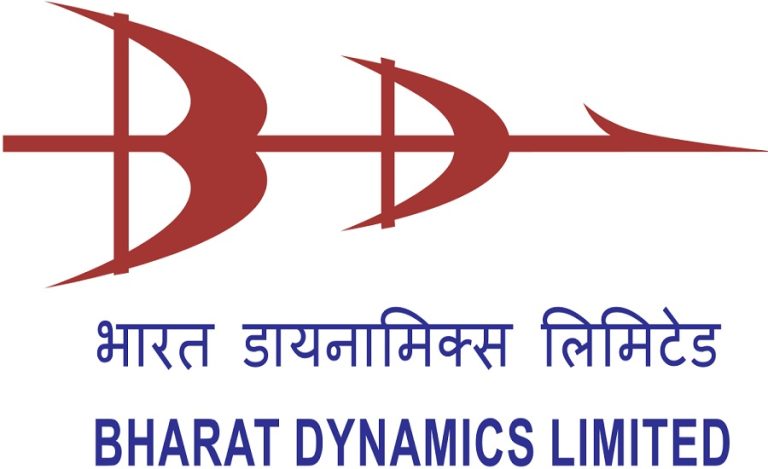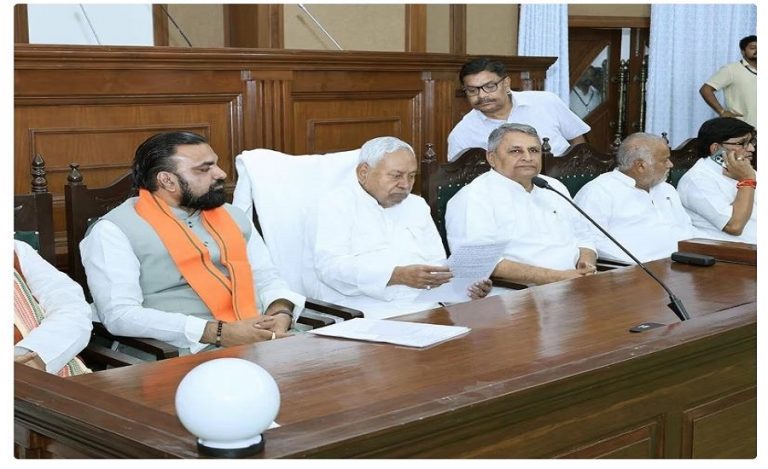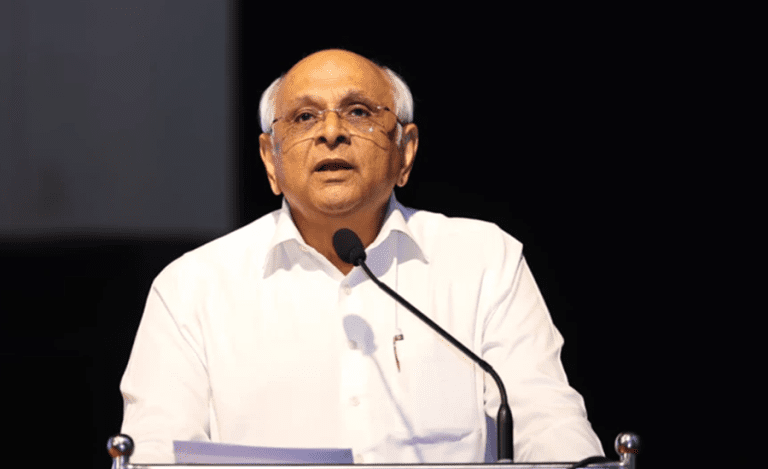New Delhi: In a significant move to facilitate the voluntary delisting of government-owned Public Sector Undertakings (PSUs), the Securities and Exchange Board of India (SEBI) has introduced a set of special relaxations aimed at simplifying the exit process for state-run companies where the government holds 90% or more equity.
These relaxations are designed to make delisting more practical, time-efficient, and aligned with strategic disinvestment goals, while also maintaining protection for minority shareholders.
Key Relaxations in PSU Delisting Norms
Under the revised framework:
Two-thirds public shareholder approval is no longer required for PSUs with 90%+ government holding to delist.
The traditional reverse book-building (RBB) mechanism has been replaced with a fixed price approach, provided certain valuation conditions are met.
This marks a departure from SEBI’s earlier approach, which required broader public consent and a market-driven price discovery mechanism, often causing delays in delisting.
New Pricing Mechanism: Fixed Premium over Floor Price
SEBI has allowed these PSUs to delist at a fixed price, provided it is at least 15% above the floor price, regardless of recent trading activity in the stock.
The Floor Price will be calculated based on the highest of the following:
- Volume-weighted average price of trades over the last 52 weeks.
- Maximum price paid for the company’s shares in the past 26 weeks.
- Joint valuation report submitted by two independent registered valuers.
This approach ensures that shareholders get a fair exit value, while expediting the process for the government to reduce its stake.
Exclusions: Banks, NBFCs & Insurers Not Covered
The relaxations will not apply to:
- Banks
- Non-Banking Financial Companies (NBFCs)
- Insurance Companies
This means that even if government holding exceeds 90% in these sectors, standard delisting rules will continue to apply.
Safeguards for Minority Shareholders
SEBI has built in protections for minority investors:
If a shareholder does not tender their shares during the one-year exit window, the unpaid consideration must be deposited by the company in a designated account with the stock exchange within 30 days after the window closes.
The money will be kept for 7 years, allowing investors ample time to claim their dues.
Implications for Disinvestment Strategy
This move is expected to accelerate the government’s divestment and restructuring plans for select PSUs by:
- Making the delisting process more efficient and predictable.
- Removing hurdles that previously slowed down strategic exits.
- Providing a balanced framework with price protection and safety nets for retail shareholders.
Analysts view this as a pro-business and investor-friendly reform, especially for companies like BEML, RITES, or CONCOR, where the government has strategic plans.
Read also: SEBI Appoints 3 New Executive Directors: Amit Pradhan, Avneesh Pandey & Sanjay Purao Take Charge
About SEBI
The Securities and Exchange Board of India (SEBI), established in 1988 and given statutory powers in 1992, regulates India’s securities and commodity markets. Headquartered in Mumbai, SEBI works to protect investors’ interests, promote market transparency, and ensure orderly market development through regulations and enforcement.




























